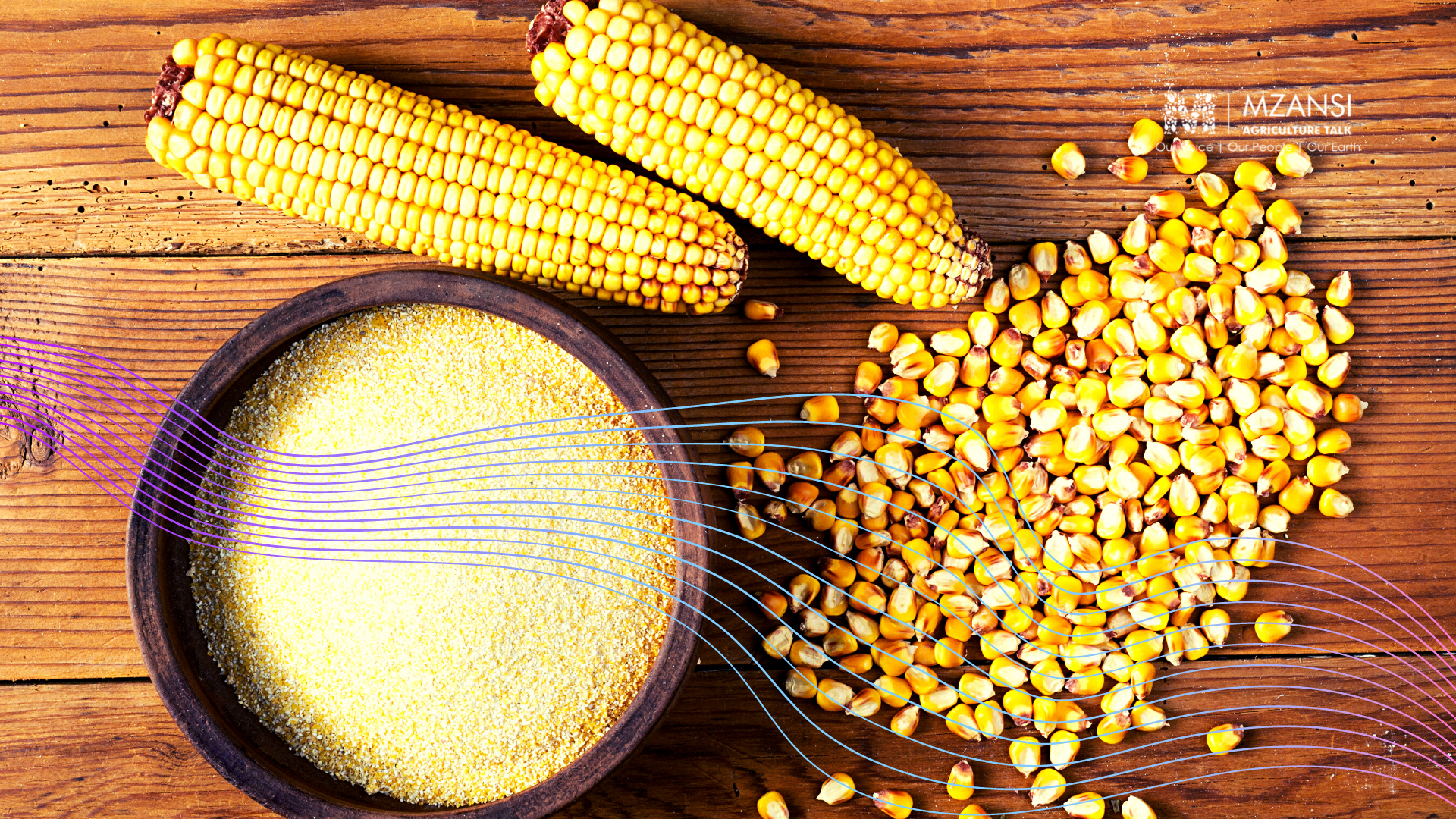The announcement by Zimbabwean Agricultural Marketing Authority (AMA) to suspend maize and maize meal imports with immediate effect has sent jitters in the SADC community.
In a notice to all grain millers and grain traders, AMA said it will no longer be “issuing out import permits for maize and maize meal on the Online Permit Application System”.
This comes after Zimbabwe harvested more than the expected 2.8 million tonnes of maize for the year, largely thanks to the higher rainfall.
Just in the 2019/2020 season, Zimbabwe found itself in a hunger crisis requiring nearly 813 300 tonnes of maize grains. “Last year, GMB received just 259 345 tonnes of maize after the season was hampered by drought. In addition to the poor harvest, Grain Marketing Board (GMB) faced competition from private buyers as the parastatal delayed payments,” said the of Zimbabwe GMB Chief Executive Officer Rockie Mutenha.
FNB Agricultural Economist Paul Makube dispelled the notion that South Africa’s maize exports could be affected by AMA’s imposed import restriction.
“The Southern Africa grain balance sheet outlook so far remains solid and it was expected that there could be an improvement in output and reduced import demand. The implications are for a reduced SA white maize exports relative to last year as this category is mainly destined for the African region,” he said.
South Africa’s total share of maize exports in Zimbabwe was 33% for white maize and 10% for yellow maize respectively. Makube added that the total volume from RSA into Zimbabwe was in the region of 515,358 tons.
Zimbabwe’s remarkable fortunes by some is expected to be short lived due to insufficient stock levels. South Africa’s yellow maize exports will continue to be in demand while the white maize could be locally consumed and used for livestock feeding.
“Currently yellow maize is trading at a premium over its white counterpart,” alluded Makube.
Zimbabwe’s GMB said it expected more maize deliveries to all its 80 depots even allowing weekend operations.
Mutenda said in terms of collection and mobile buying points, GMB aimed to establish 1 800 collection and buying points.
“So far we have identified 1 350. We have also secured 665 buying points from Cottco. These become a one-stop-shop for both cotton and maize deliveries. We also have space acquired from private companies either in the form of sheds or silos,” he said.
Zimbabwe’s Treasury acceded to provide GMB with the much needed $60 billion required to buy maize crop and for storage.




















